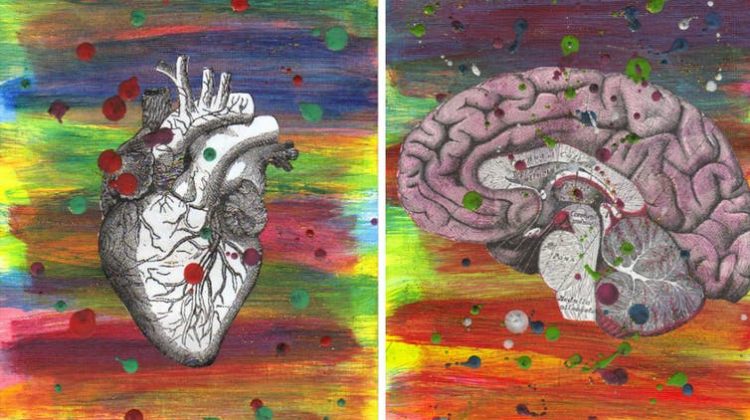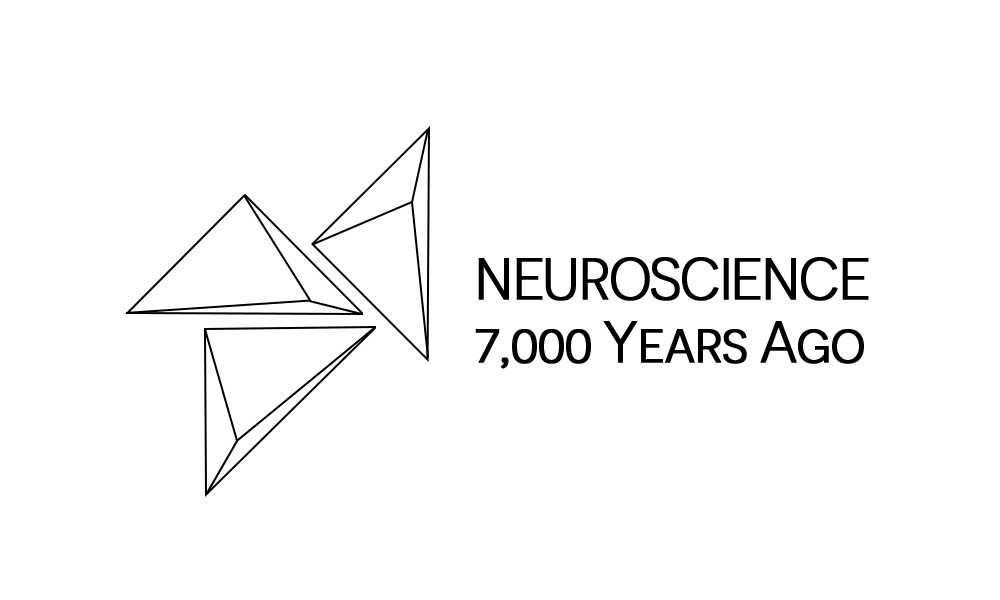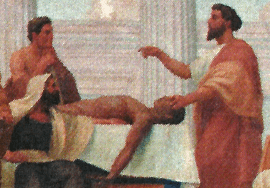
Encephalocentrism Vs. Cardiocentrism
Division of ancient Greek thinkers into two schools, Encephalocentrism is the theory that the mind is in the brain, and cardiocentrism holds that the mind is in the heart.
At the time that these two schools of thought emerged, the very notion that the “mind” was a singular entity that could be localized to any single organ was new. Before encephalocentrism and cardiocentrism came to dominate the intellectual discourse surrounding the mind around the 5th century BCE, philosophers in Homeric times (around the 8th century BCE) thought that there were multiple “souls,” each associated with a different aspect of mentality and each localizable to a different body part.
Probably the first encephalocentrist thinker was Alcmaeon of Croton, around the early 5th century BCE. Alcmaeon was the first physician to dissect animal corpses. He held that all sensation is conveyed to the brain through “poroi” which are channel-like structures. He described two poroi connecting the eyes to the brain, which were probably the optic nerves. As an empiricist, he observed that if the brain is moved, sensation is compromised, and so he correctly concluded that the brain is the seat of consciousness.
A number of other philosophers of his time made similar observations, but none were more impressive than the famed physician Hippocrates of Cos. Hippocrates localized both the intellect and neurological diseases to the brain. In his treatise De morbo sacro, he argued that epilepsy is due to a problem in the brain, and is not, as had been previously thought, a “Sacred Disease” He writes, “Its [Epilepsy] supposed divine origin is due to men’s inexperience and to their wonder at its peculiar character”. In the same treatise, he claims that the brain gives rise to emotions, aesthetics, and judgment. What is most remarkable is his observation that a cut into one side of the brain produces a bodily spasm on the opposite side of the body, and that loss of speech (which we now know is due to damage in areas that are almost always in the left hemisphere) is associated with paralysis of the right side of the body, most probably “Brain Stroke”. Further research supporting the lateralization of brain function was not conducted until the 19th century [1].
Nowadays Cardiocentrism – is obviously wrong. But thinkers as prominent as Aristotle subscribed to this view. Why? One possible explanation is that these philosophers observed that when the heart stops beating, you die, and so they conjectured that the heart must control the mind. Many prominent ancient Greek physicians held this view, and indeed the debate between cardiocentrism and encephalocentrism continued well into the Renaissance.
Two other Greek physicians worth mentioning are Herophilus of Chalcedon and Erasistratus of Ceos. Both discovered and described a number of structures in the brain, identified cranial and spinal nerves, and, perhaps most impressively, differentiated motor and sensory nerves. Erasistratus made the particularly remarkable observation that human intelligence might have something to do with the convolutions of the human neocortex.
Galen, the famed Roman physician, rejected Erasistratus’ idea. Crivellato and Ribatti write, “Had Erasistratus’ conjecture been further properly investigated, the history of neuroscience could have run a different way”
References:
1 Crivellato, E., and Ribatti, D.: ‘Soul, mind, brain: Greek philosophy and the birth of neuroscience’, Brain research bulletin, 2007, 71, (4), pp. 327-336








